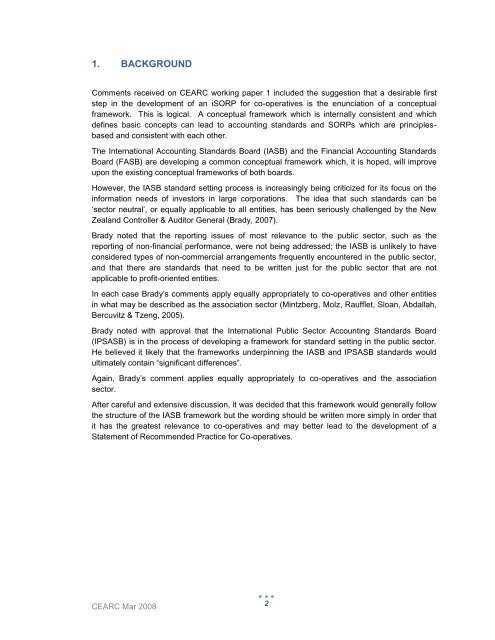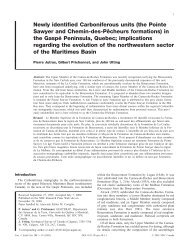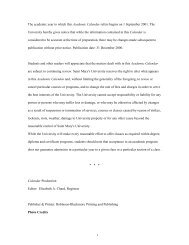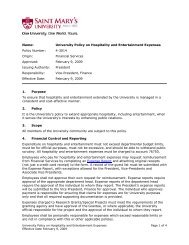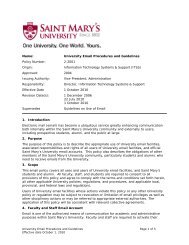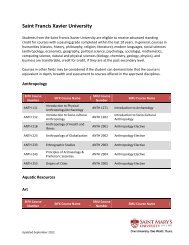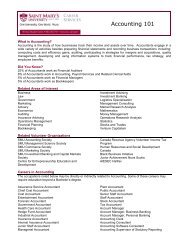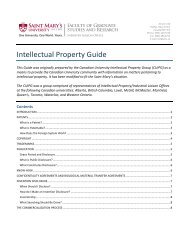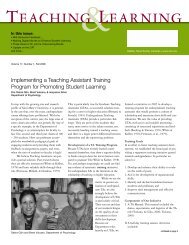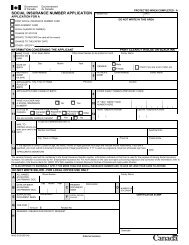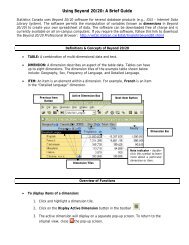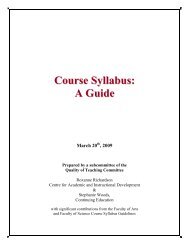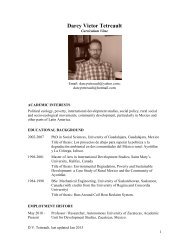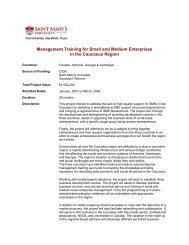Conceptual framework of cooperative accounting
Conceptual framework of cooperative accounting
Conceptual framework of cooperative accounting
Create successful ePaper yourself
Turn your PDF publications into a flip-book with our unique Google optimized e-Paper software.
1. BACKGROUND<br />
Comments received on CEARC working paper 1 included the suggestion that a desirable first<br />
step in the development <strong>of</strong> an iSORP for co-operatives is the enunciation <strong>of</strong> a conceptual<br />
<strong>framework</strong>. This is logical. A conceptual <strong>framework</strong> which is internally consistent and which<br />
defines basic concepts can lead to <strong>accounting</strong> standards and SORPs which are principlesbased<br />
and consistent with each other.<br />
The International Accounting Standards Board (IASB) and the Financial Accounting Standards<br />
Board (FASB) are developing a common conceptual <strong>framework</strong> which, it is hoped, will improve<br />
upon the existing conceptual <strong>framework</strong>s <strong>of</strong> both boards.<br />
However, the IASB standard setting process is increasingly being criticized for its focus on the<br />
information needs <strong>of</strong> investors in large corporations. The idea that such standards can be<br />
„sector neutral‟, or equally applicable to all entities, has been seriously challenged by the New<br />
Zealand Controller & Auditor General (Brady, 2007).<br />
Brady noted that the reporting issues <strong>of</strong> most relevance to the public sector, such as the<br />
reporting <strong>of</strong> non-financial performance, were not being addressed; the IASB is unlikely to have<br />
considered types <strong>of</strong> non-commercial arrangements frequently encountered in the public sector,<br />
and that there are standards that need to be written just for the public sector that are not<br />
applicable to pr<strong>of</strong>it-oriented entities.<br />
In each case Brady‟s comments apply equally appropriately to co-operatives and other entities<br />
in what may be described as the association sector (Mintzberg, Molz, Raufflet, Sloan, Abdallah,<br />
Bercuvitz & Tzeng, 2005).<br />
Brady noted with approval that the International Public Sector Accounting Standards Board<br />
(IPSASB) is in the process <strong>of</strong> developing a <strong>framework</strong> for standard setting in the public sector.<br />
He believed it likely that the <strong>framework</strong>s underpinning the IASB and IPSASB standards would<br />
ultimately contain “significant differences”.<br />
Again, Brady‟s comment applies equally appropriately to co-operatives and the association<br />
sector.<br />
After careful and extensive discussion, it was decided that this <strong>framework</strong> would generally follow<br />
the structure <strong>of</strong> the IASB <strong>framework</strong> but the wording should be written more simply in order that<br />
it has the greatest relevance to co-operatives and may better lead to the development <strong>of</strong> a<br />
Statement <strong>of</strong> Recommended Practice for Co-operatives.<br />
CEARC Mar 2008<br />
2


